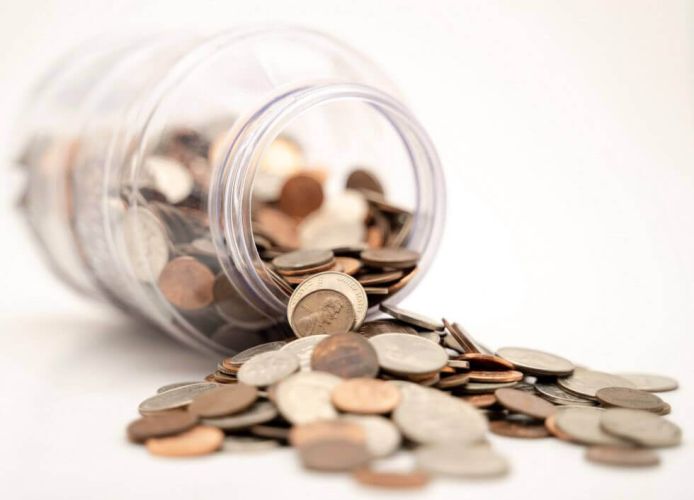Reviewing your credit reports is one of the most important steps you can take to solidify your financial health. After all, your credit reports inform your credit scores, which determine if you’re going to be approved for credit, and how much interest you’ll pay for it. All accounts should be accounts you’ve either authorized or cosigned on, all of your personal information should be accurate, and things like your payment history should be correct. If not, then you can dispute any incorrect items on your credit reports to ensure that they’re fixed and your credit score doesn’t needlessly suffer. But do you ever stop to wonder if there are things you can’t dispute on your credit report? Well, there are. And in today’s email I’m going to cover a few of them, so you don’t get surprised or get your dispute labeled as “frivolous”.
- Inaccuracies in Your Personal Information
If you see something wrong with your personal information on your credit report, it’s important to dispute it. The main concern with inaccuracies in personal information is that they can lead to someone else’s credit lines showing up on your reports. Make sure your social security number is correct (and look for easy-to-miss mistakes such as transposed numbers), and that your birthdate and name spelling are correct as well. Ensuring that this section is accurate is a good way to protect your credit reports.
- Accounts You Never Authorized or Cosigned On
See any accounts that shouldn’t be there? That definitely warrants a credit report dispute. Keep in mind, however, that there could be accounts you cosigned on, even if you’re not the primary user of that account. If your name is on it, it could show up on your credit report. That said, if you see an account on your credit report that you in no way authorized, dispute it immediately. It could be a mistake, or it could be the first sign of identity theft. Either way, it can damage your credit report if the real owner of the account goes delinquent on payments.
- Incorrect Payment History
It’s not just important to review the accounts listed on your credit report, but also to review the payment history of each account. Payment history is the top factor in determining your credit scores, and even one late payment can cause a drop. If you happen to see a late payment (or late payments) and know for a fact that you made those payments on time, you can send in your financial statements to prove it with your credit report dispute letter to enable the dispute process to go through that much more easily.
- Account Status Errors
Notice that a closed account is being reported as open, or vice versa? You can certainly dispute this on your credit report if you want to. Just keep in mind that lenders tend to report to the credit reporting agencies (CRAs) once a month. So, it might be a good idea to give a little bit of time for that update if you just closed an account.But what happens if they dispute your dispute? If you do file a credit report dispute and disagree with the result, I strongly encourage you to add a statement of dispute to your credit report.A statement of dispute allows you to explain why you disagree with the results, essentially to tell your side of the story. Anyone who requests your report is notified of the statement so it can be taken into consideration as part of the lending decision. Keeping track of and disputing credit report errors is a hard task. That’s why we created Dovly.com. The online-based platform that will give you your credit score & summary, file credit report disputes and improve your credit seamlessly. Want to give it a try? Then CLICK HERE and sign up now!



